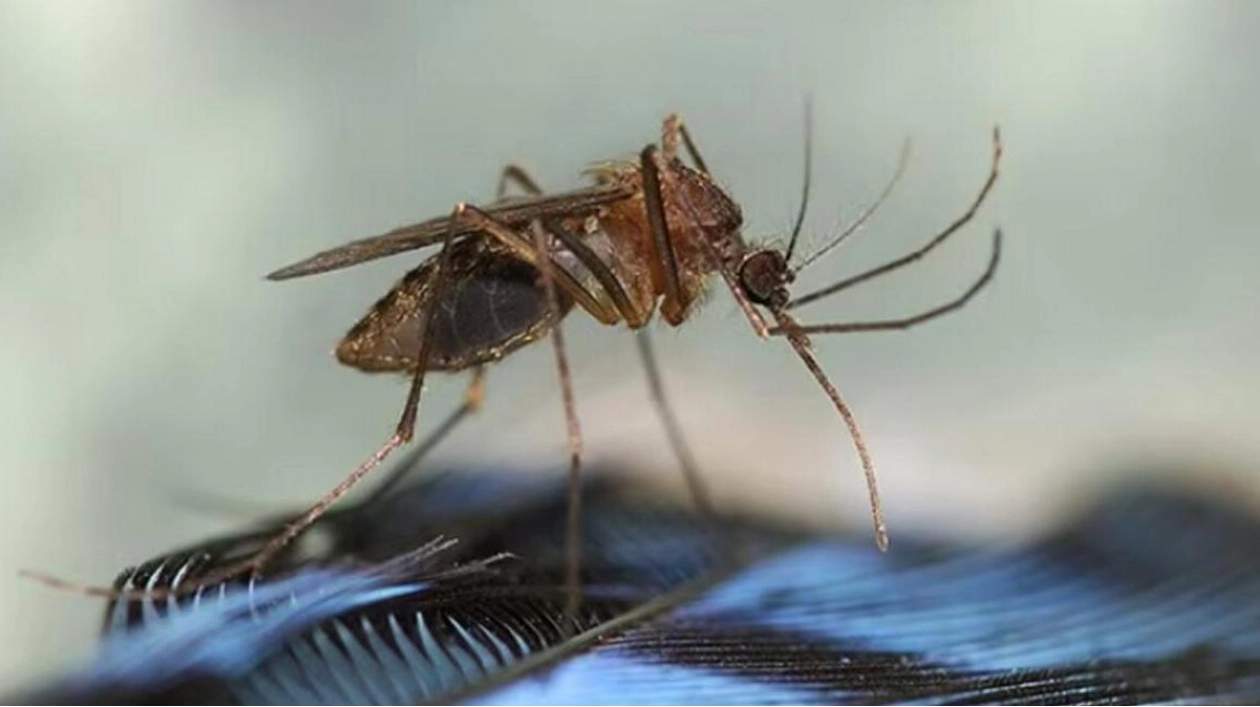Health authorities in New Hampshire announced on Tuesday that an individual has died from the rare mosquito-borne eastern equine encephalitis (EEE) virus. The patient, an adult from Hampstead, was hospitalized with severe central nervous system disease and eventually succumbed to the illness, according to the New Hampshire Department of Health and Human Services (DHHS).
The DHHS noted that the last human case of EEEV in New Hampshire was reported in 2014, involving three infections, including two deaths. This recent case comes as state officials across New England express growing concerns about the rising risk of EEE, a threat intensified by climate change.
Earlier this month, Massachusetts reported its first human case of EEE this year—a man in his 80s—prompting officials to implement voluntary outdoor curfews, close public parks, and conduct aerial and ground mosquito control measures. The Centers for Disease Control and Prevention lists symptoms of EEE as fever, headache, vomiting, diarrhea, seizures, behavioral changes, and drowsiness, which can lead to severe neurological conditions like encephalitis and meningitis. About 30% of those infected die, and many survivors experience long-term physical or mental effects, with individuals under 15 and over 50 at higher risk. Currently, there are no vaccines or treatments available, prompting health officials to recommend using insect repellent, wearing protective clothing outdoors, and eliminating standing water to reduce mosquito breeding.
A 2023 report by Climate Central indicated that the number of 'mosquito days'—warm, humid conditions favorable for mosquito activity—has increased across much of the US over the past four decades due to human-induced climate change.






